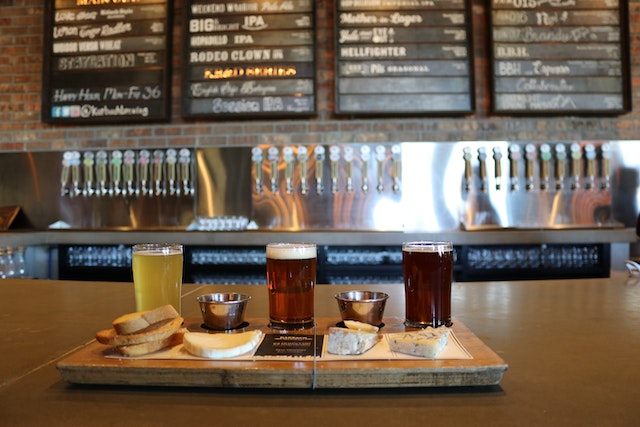Before you begin your liquor license application at liquor license Dallas TX, you should know what you will need to provide. You must pay a license application fee and submit all the necessary documents. Your application may be suspended unless you submit all required documents. However, you can reactivate it by paying a $500 reactivation fee. If you fail to pay the reactivation fee, you will forfeit your license application fee and have to reapply.
Background Checks
Applying for a liquor license can be a complicated process that requires extensive information and documentation. It may also require background checks and affidavits. The requirements for liquor licenses differ from state to state, so it is essential to do thorough research before applying. Fortunately, there are some steps you can take to ensure that your business is a safe place to serve alcohol.
You can start by contacting your local agency that issues liquor licenses. These agencies will submit your application to your state’s Alcoholic Beverage Control Board. Depending on your state, this may take several weeks. In addition, local approval may also be required. In any case, you can’t start selling alcohol until you have the proper license. Having a license will help you comply with local regulations and avoid fines. You’ll also need to register the names of the products you’re selling so that the state can approve them.
Another reason for conducting background checks when applying for a liquor license is to protect the public. Intoxicated people can pose a danger to others and are a safety concern. Additionally, intoxicated people cannot perform the necessary duties. A criminal record in the alcoholic beverage industry can lead to a license suspension.
On-License and Off-License
Before applying for an on-license or off-license liquor license, it is essential to understand the requirements. A liquor license is necessary for all 50 states to sell alcohol. It is also required to have business permits such as a general business license, professional license, sales tax permit, and health and safety permit. Applicants must be aware that they may face opposition from community members who may protest and lobby against the business.
Before applying for a liquor license, you must first decide where you will serve alcohol. States have different rules about where and how many alcohol-serving establishments are allowed. This can pose a problem for newly-opened bars or restaurants. As a result, you must ensure that the license is appropriate for the establishment’s location. There are various licenses, such as on-premises, off-premises, and retail establishments.
On-license liquor licenses are required for restaurants. They allow you to sell beer and wine on your premises. Off-license liquor licenses are also required for hotels with bars. In some states, you must only sell alcohol for 40% of your total revenue, but in others, alcohol is allowed up to 80% of total earnings.
Application Process
If you’re considering opening a bar or restaurant in New York City, you’ll need to apply for a liquor license. The New York State Liquor Authority, which is part of the state government, issued these licenses. However, the process of getting one can be both simple and complicated. It would be best if you first learned the rules for obtaining a license to get started.
There are three main steps in the application process. First, you’ll have to fill out and submit a background check application. You can do this online, by mail, or visit your state ABC board. You’ll also need to submit all the required forms and permits. Depending on the state, the process can take a few weeks to a few months. In addition, your application will need to be reviewed by local agencies. If any local businesses object, they’ll have the right to file objections.
Secondly, you need to make sure the current owner of the business has the license you want to obtain. It would be best if you verified that the current owner does not have any previous violations that prevent the establishment from operating. It would be best if you also ensured that the building is occupied. In addition, you should have a letter from the landlord or property owner stating that they don’t object to the establishment.

